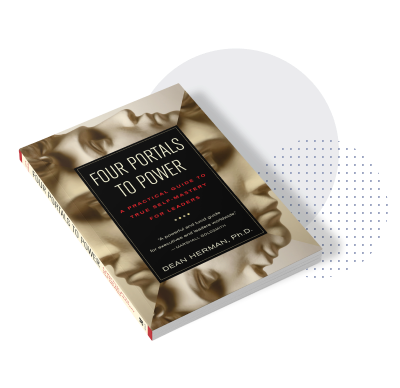Articles
Why You Can't (Yet) Change Your Life
September 18, 2018 (Number 76) A mid-career executive came to me recently, wanting to explore the possibility of coaching. She said she was doing "fine," but complained of feeling not as energized in her work as she used to be. Plus, she said, she was feeling increasingly discontent and resentful in her marriage.I explained my in-depth approach, including multiple personality assessments and interviews of colleagues. "The reasons for your unhappiness, and how to change that," I assured her, "will most likely become quite clear to you."
"Sounds kind of scary," she said. I never saw her again.
We psychologists call this resistance. Specifically, pretty much all people naturally and instinctively resist their own personal growth and development. Somehow, staying the same just feels more comfortable.
Is it possible that some version of this dynamic is playing out in your career, in your closest relationships, and overall in your life? What might that be costing you?
Consider these tips:
- First, rather than berating yourself for any resistance you discover inside, try providing yourself with the utmost kindness and patience instead. You'll need that kindness anyway as otherwise, seeing your past mistakes as you begin to grow will be too painful to bear. As I explained in a prior article, you simply cannot change without self-compassion.
- If you are like most people, you may be quite anxious that your journey of development will reveal something terribly wrong or broken about you. But rest assured that in my 20+ years as a psychologist, I’ve never found anything fundamentally wrong or broken in anyone. But I have seen lots of fear of change, and countless instances where people were getting in their own way and unnecessarily limiting themselves.
- Finally, know that you can – and must – proceed as slowly as you need in making changes. I call this "going slow to go fast." The alternative is trying to force yourself to go more rapidly than you’re ready for, thereby overwhelming yourself and essentially freezing in place.
Dean Herman, Ph.D.


